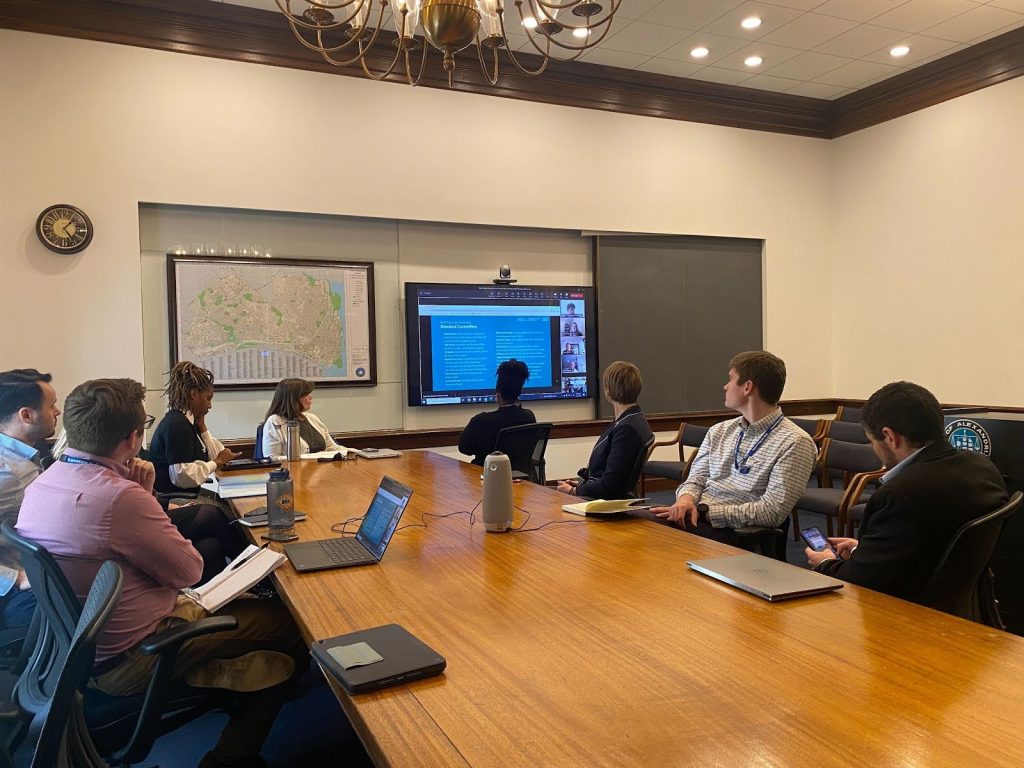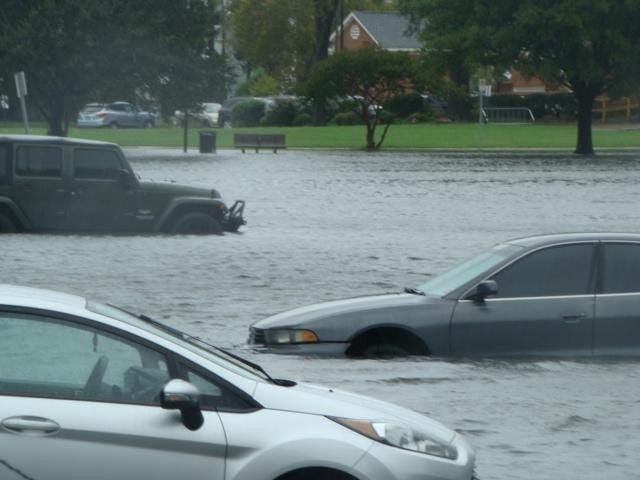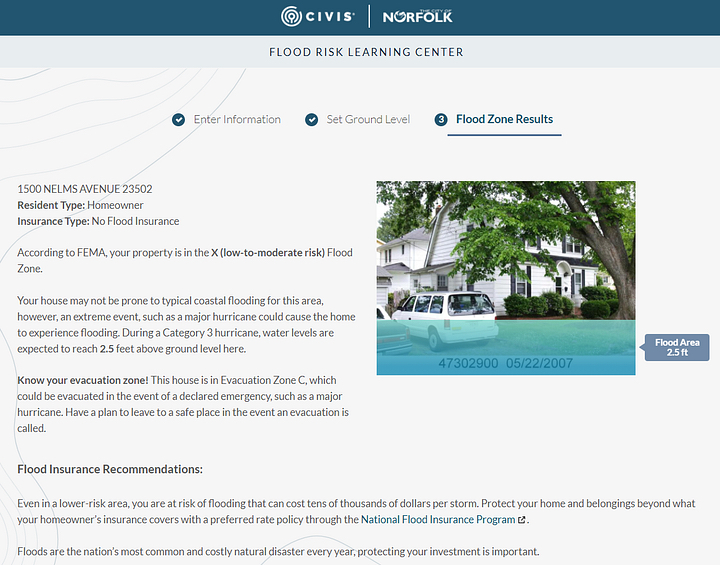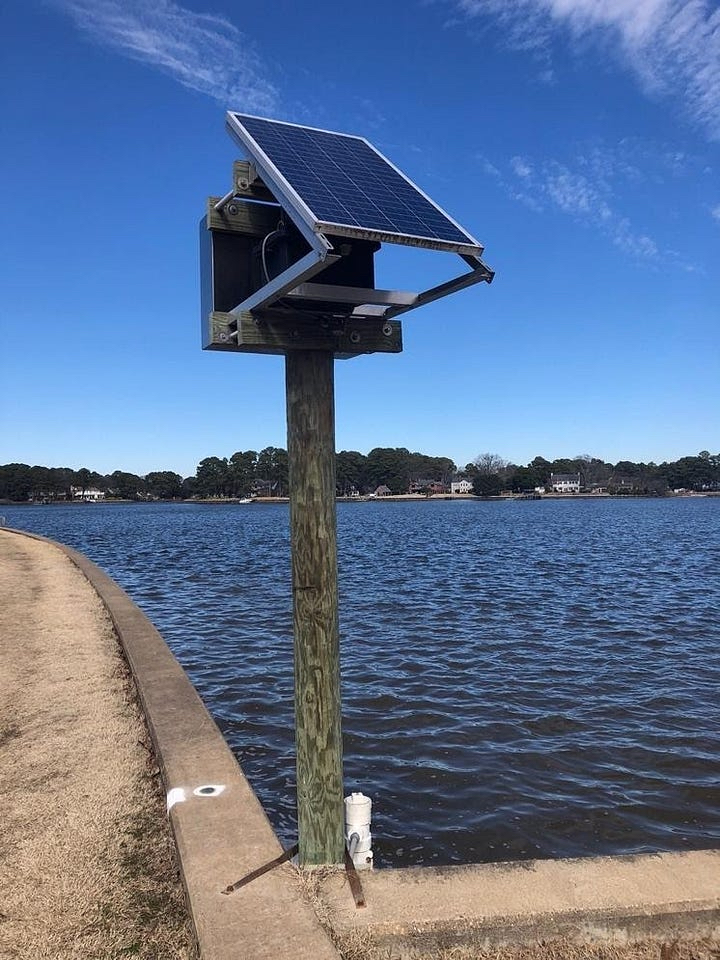Alexandria, Virginia, USA
Data & Community Partnerships Key to Addressing Evictions in Alexandria
Project Type:
Community Engagement, Equity, Housing
At a Glance
Developed an automated system for gathering information on eviction court proceedings. The data informs the efforts of the Eviction Prevention Task Force, a City-community partnership that supports households at risk of eviction.
Since the CDC moratorium ended in August 2021 to the end of 2023, 7,968 evictions have been filed in Alexandria. With support provided by the Task Force and other community partners, only 1,018 of those evictions resulted in a resident being removed from their home.
An independent evaluation of the Alexandria Co-Response Program (ACORP) found that when its teams of trained law enforcement officers and behavioral health clinicians responded to 911 calls that could have resulted in arrests, 70% were diverted from legal action.
Launched an Equity Index Map in 2023 to identify disparities in key social and economic outcomes and to help city staff and community partners make equitable, inclusive and data-driven decisions.
Maintains 92 datasets and dashboards that track how well City programs are working, provide transparency to the community, and help inform collaborations with residents and stakeholders.
Housing affordability has been a priority and a work in-progress for the City of Alexandria for over a decade. Even before the economic volatility of the pandemic, 89% of renters earning $50,000 or less were housing cost burdened and paying over 30% of their incomes in rent. When the pandemic hit, many of these households had little financial buffer.
Hoping to stem a tide of evictions, legal and housing advocates across the city jumped into action. Rather than duplicate the work of local organizations, in June 2020, the City formed an Eviction Prevention Task Force to bring together local nonprofits, faith organizations, and City departments to share information and coordinate efforts.
“We have boots on the ground. We are triaging emergencies. This partnership with the City and faith-based community and nonprofits is unique to Alexandria,” Mary Horner, a housing attorney for Legal Services of Northern Virginia, said in July 2020. “It is the benefit of our size and our tight-knit community. Everyone is on the same team.”
One strength, in particular, the City brought to the partnership was in data collection and analytics. Legal Services of Northern Virginia had been collecting publicly available data on eviction proceedings from the Alexandria General District Court to guide outreach efforts to at-risk households – but that data collection was taking hours each week. The City’s Office of Performance Analytics (OPA) used funding from the American Rescue Plan Act to hire a data analyst to work with the Task Force. The analyst assessed the situation, built a web scraper that reduced the weekly data collection process to a few minutes, and developed a dashboard to follow trends and changes in the eviction landscape.
“We have boots on the ground. We are triaging emergencies. This partnership with the City and faith-based community and nonprofits is unique to Alexandria. It is the benefit of our size and our tight knit community. Everyone is on the same team.”

Coordinated, data-based outreach efforts by Task Force partners paired with state and local rental assistance proved incredibly effective in preventing evictions. Between June 2020 and September 2021, City departments helped 3,717 households secure city and state rental assistance. In 2021, control of rental relief funds transitioned from local government to state government. From January 2021 to December 2023, Legal Services of Northern Virginia – with financial support from the City – provided legal assistance to over 3,500 people through courthouse outreach, representing 17% of tenants facing eviction.
The Task Force’s role has evolved with the changing eviction landscape. Pandemic-era federal and state eviction moratoriums and rental assistance programs have ended, yet evictions legally served to tenants are still below pre-pandemic levels. But the approach of using data and partnerships to improve housing stability is still producing positive outcomes. For example, when a state rental assistance program ended in 2022, a local church asked how much it would cost to stop evictions for the remainder of the year. Using data on the average amount of unpaid rent, the Task Force could answer and the church donated the money.
The City of Alexandria’s strong data foundation and investment in staff capacity made it a productive partner in the Eviction Prevention Task Force, helped bring housing stability to thousands of residents during the pandemic, and are informing the City’s ongoing efforts towards increasing housing affordability.
“The [Eviction Prevention] Task Force has done an impressive amount of work and, as you can see in the numbers, it’s making results. During the pandemic I saw a report that suggested that Virginia had the highest rate of any of the states in allocating federal rental assistance funds. That’s impressive for the entire commonwealth, but I would argue that it’s our efforts in Alexandria that probably made most of that happen.”



